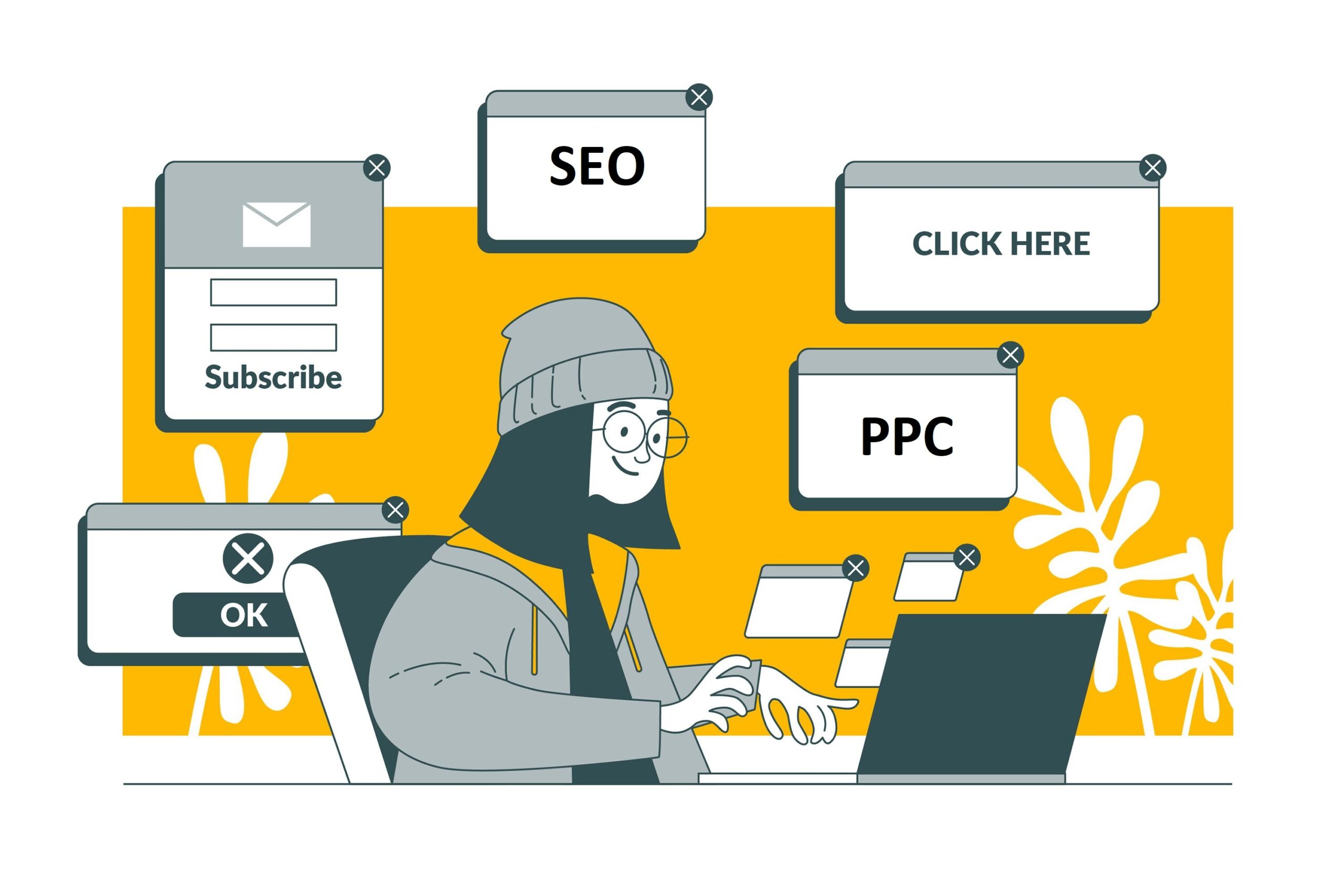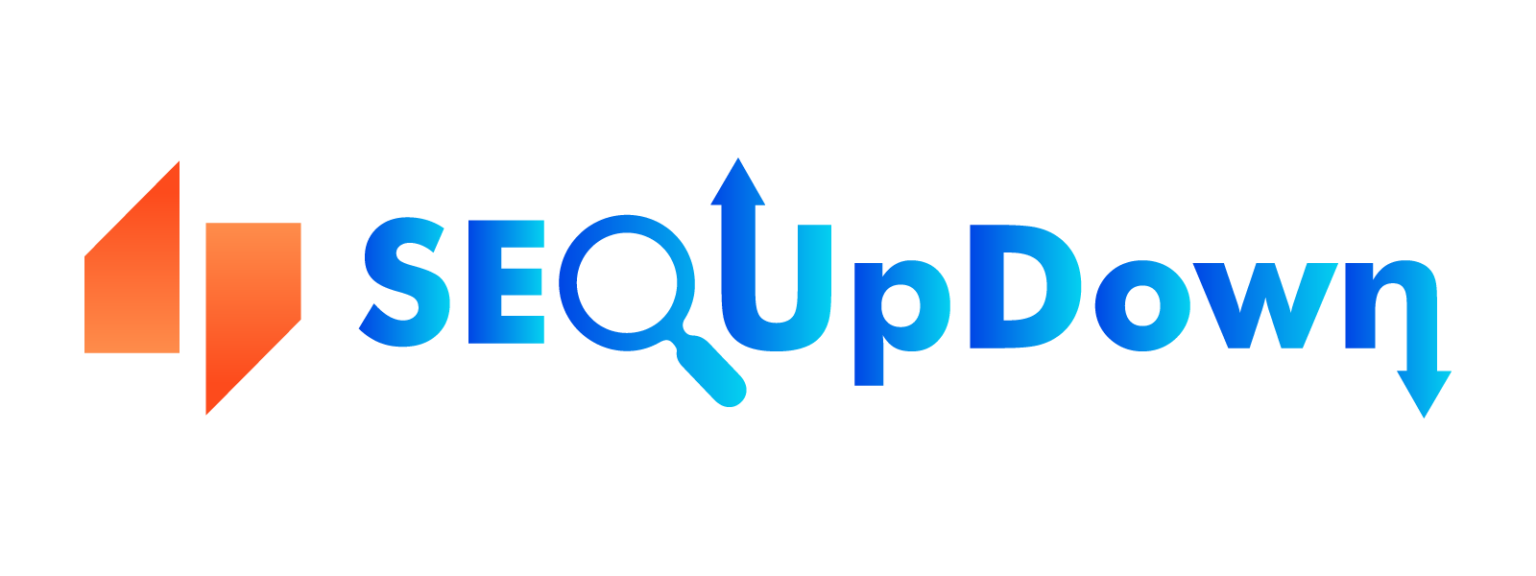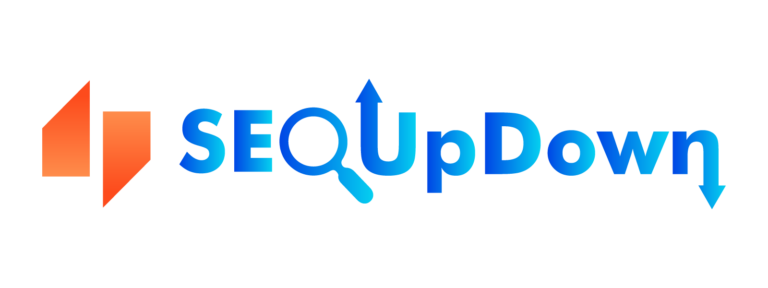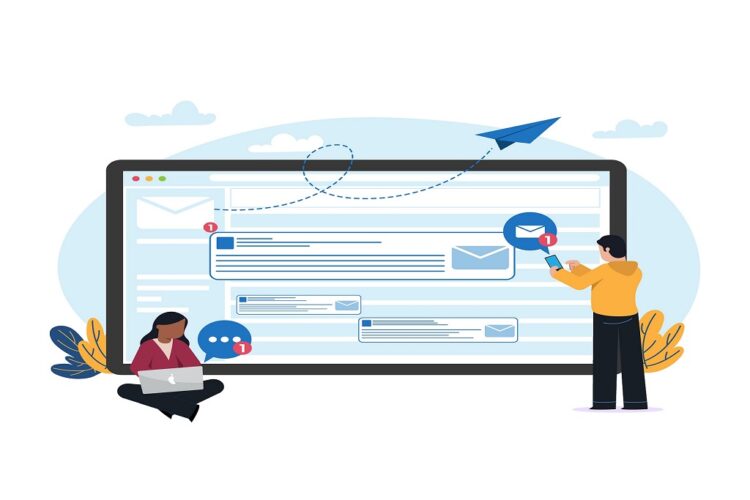
Introduction
Explanation of SEO and PPC
Digital marketing is critical to the success and expansion of businesses in the modern day. Effective forms of contemporary online advertising include search engine optimization and pay-per-click.
Paid search marketing (PPC) involves businesses paying to have their ads displayed in search engine results or on other websites, whereas search engine optimization (SEO) involves improving a website’s content and structure to rank better in organic search results.
Importance of Online Marketing for Businesses
Since e-commerce and digital technologies have grown in popularity, online marketing has become an integral part of any successful advertising campaign. Since most customers research products online, businesses need a strong online presence and effective online marketing to reach their target audience.
Internet marketing boosts traffic, leads, and money. Search engine optimization and pay-per-click advertising allow businesses to reach customers throughout the buying process.
SEO: Pros and Cons
Pros of SEO
1. Long-term benefits
SEO’s long-term value for organizations is a major selling point. SEO initiatives, in contrast to PPC campaigns, can continue to produce traffic and leads for months or even years after the campaign has concluded. This is because search engine optimization (SEO) improves a site’s visibility in natural search engine results, which can continue to bring in visitors long after the initial optimization has been completed.
2. Cost-effective
SEO also has the benefit of being an inexpensive method of promoting your website online. After an initial investment of time and energy, a search engine-optimized website will generate visitors and leads at no additional cost. As a result, companies with smaller marketing budgets may afford to use SEO.
3. Trustworthiness and sincerity
Building trust and credibility with a customer base is another SEO priority. Customers have more faith in a business whose website appears higher in organic search results. This is because users regard search engines as objective information resources and that users place higher faith in highly ranked websites. As a result, companies that put resources into search engine optimization see a rise in brand awareness and loyalty from their clientele.
Cons of PPC
1. High cost
PPC advertising is expensive. Even though businesses only pay when an ad is clicked, CPC might be exorbitant. Hence, PPC advertising may cost more than SEO (SEO).
2. Competitiveness
Pay-per-click marketing also suffers from advertising industry competition. Smaller firms struggle to compete with larger firms for the same keywords due to high competition. This might lead to decreased ad positions and increased CPCs, making it harder for firms to produce a profit (ROI).
3. Fewer benefits in the long run
PPC has limited long-term benefits, in contrast to SEO, which can continue to produce traffic and leads long after the original optimization work are complete. If you turn off a pay-per-click (PPC) ad campaign, you won’t get any more clicks or new leads. This means that to sustain their results, firms must keep spending money on PPC advertising.
PPC can be a useful internet marketing technique for firms that need results quickly and targeted advertising, but it may not be the most financially sound or long-term viable choice.
Which One is Better?
Factors to Consider
There are several aspects that firms should think about while picking between SEO and PPC.
- Budget – How much of the company’s financial resources may be devoted to internet advertising?
- Business goals – What are the business’s desired outcomes from its online marketing efforts?
- Timeframe – How soon does the company need to start seeing returns on its investment in online marketing?

Comparison of SEO and PPC based on Factors
- Cost: Pay-per-click (PPC) advertising can add up quickly, whereas SEO will save you money in the long run. To optimize a website for search engines, however, an initial commitment of time and resources is necessary. Using PPC, businesses can allocate a fixed sum of money and spend that sum only when their ads are clicked.
- PPC is more suited for targeted advertising and producing instant results, whereas SEO is better at generating organic traffic and leads, which are both business goals. SEO may be more useful for businesses that wish to raise their profile, while PPC may be more suitable for those who need to swiftly create leads or sales.
- Time: Search engine optimization is an approach with a long payoff time, often measured in months or even years. In contrast, pay-per-click advertising (PPC) can yield tangible outcomes almost immediately after the campaign begins. SEO is a good choice for companies that have plenty of time to devote to their internet marketing campaigns, while PPC is better for businesses with limited time.
Conclusion on Which One is Better for a Particular Business
The choice between SEO and PPC should be based on the unique needs, resources, and timeline of each business. PPC can deliver instant results and targeted advertising, but SEO offers long-term rewards and trustworthiness. When deciding on a plan, businesses should take into account their specific circumstances and available resources. Combining search engine optimization and pay-per-click advertising can be a winning strategy for internet promotion.
Conclusion
In sum, both search engine optimization and pay-per-click advertising are valuable online marketing tactics that can push organizations closer to their objectives. Yet, each company has unique goals and resources, so deciding between SEO and PPC is ultimately subjective.
Search engine optimization (SEO) may be preferable for firms with smaller budgets or those searching for a more cost-effective long-term solution. Search engine optimization (SEO) can boost a website’s authority and popularity in its niche, bringing in visitors and potential customers.
Yet, PPC may be more appealing to firms with shorter timelines or those seeking instantaneous results. Pay-per-click (PPC) advertising is preferable for firms that want to swiftly achieve specified objectives by reaching a targeted audience and generating leads or sales.
It’s possible that using both search engine optimization and pay-per-click advertising will yield the best results in Internet marketing. Businesses can design an internet marketing plan that is effective in the short and long term by combining the two tactics.
A company must track and evaluate the success of its campaign over time, regardless of the approach it takes. This will allow companies to make data-driven decisions and fine-tune their marketing approaches to better achieve their objectives.
In conclusion, whether using search engine optimization (SEO), pay-per-click advertising (PPC), or a hybrid of the two, internet marketing is a worthwhile investment that may boost a company’s brand, reputation, and revenue.





